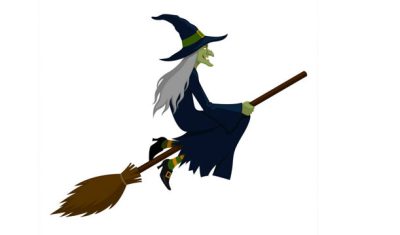
The rule for US English is actually pretty simple to state: use that when the…

You have to pay attention to formatting and presentation when you’re getting ready to self-publish.…
Get a free sample of ProofreadingPal’s work.
Two professional proofreaders will proofread and edit your document.
Try it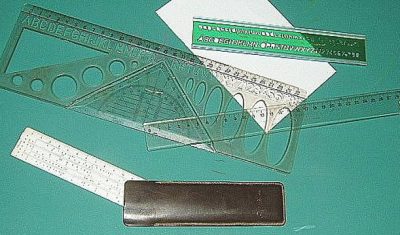
Let’s look at how Word’s built-in ruler automates the indentation of text, along with why…

While researching apostrophe use and common associated errors, I learned several interesting facts...
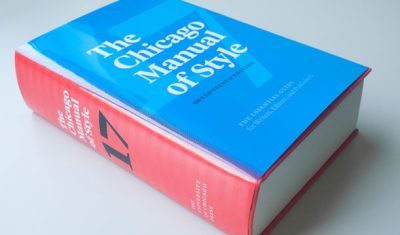
Clocking in at 1,145 pages, this is not a book meant to be read cover…

When it comes to the real nuts and bolts of writing, you’ll find it easier…

However it happens, we all learn to fear the aftermath, the moment when we click…

Three more reason why buying online content, for school or elsewhere, is a really bad…
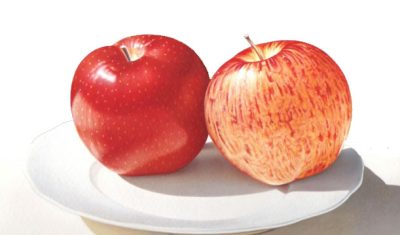
MS Word's Compare function looks at any two documents and lists all the differences paragraph…
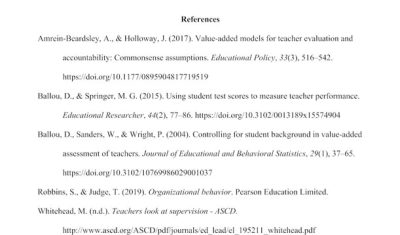
In this post, I’ll give specific instructions on how to use Word to add reference…

Today’s post can be summed up with a simple truth: possibilities are almost always more…

Use contractions whenever you want to adopt a conversational tone, contractions are the way to…

Buying online content is not only unethical, it’s a terrible idea. You’re likely to get…
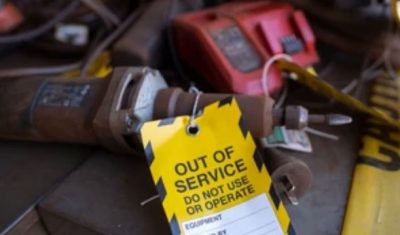
Using and utilizing something are not the same. To utilize something means to take something…

When we’re writing a paper, report, or anything else we want other people to take…
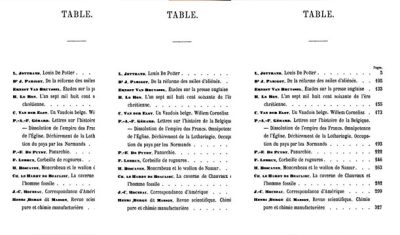
Word’s Table of Contents function updates numbers and names with just a few clicks as…

We make comparisons all the time, but we need specifics to make them meaningful.
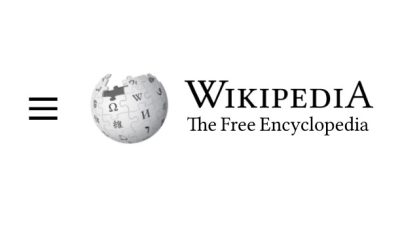
Since January 15, 2001, Wikipedia has been an informative, chaotic maelstrom of information online. Since…

Using sentence structure for emphasis does not get distracting even if you do it all…
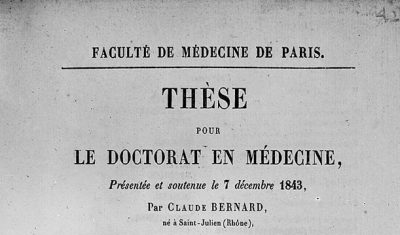
At some point, you may be faced with the task of writing something longer and…
Get a free sample proofread and edit for your document.
Two professional proofreaders will proofread and edit your document.
We will get your free sample back in three to six hours!